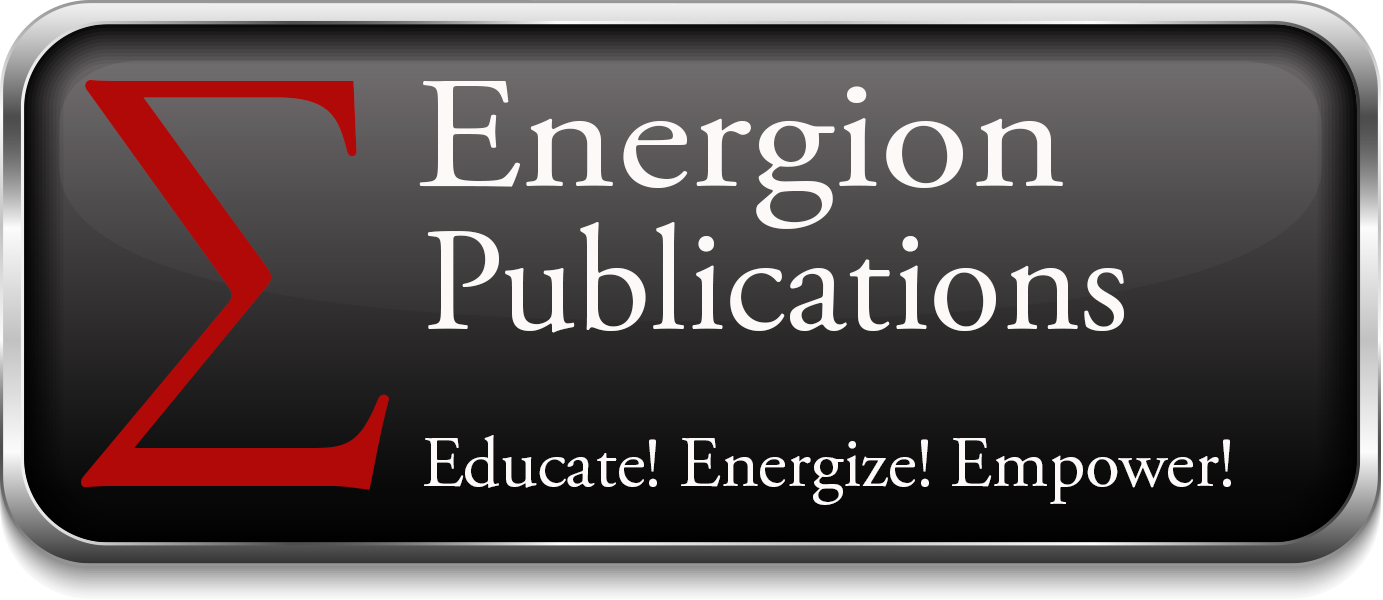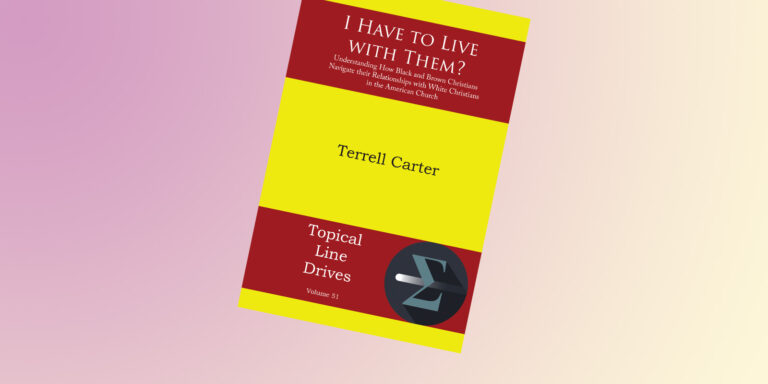Why I Rejected Your Manuscript
I can’t tell you why publishers in general reject manuscripts, but I can tell you why I reject them, or to be more precise why we, at Energion Publications, reject manuscripts.
First let me quickly outline the process from submission to contract, whirlwind edition.
It starts when you submit a proposal or a manuscript for our consideration. When we receive your proposal, I look at it to see if there’s any obvious reason we don’t want it. After that, I pass it to one or two other readers, who are instructed to look at it, and give it whatever time they feel is worthwhile. Each reader sends me a report. Finally we’ll combine the votes and make a call on accepting or rejecting the manuscript. Though I, as both owner of the company and chief editor, do have the final say I have yet to override the evaluation of my readers. (One special case is the Areopagus series, which has series editors.) I use ‘I’ in this case, rather than ‘we’ referring to the company, because it is my responsibility as editor.
For the first four years, manuscript submissions were very scattered, but even so I rejected the overwhelming majority. Now we have contracts extending well into 2012, and we have more submissions than we can publish. This leads to the two primary categories for the reasons I reject manuscripts:
Poor Proposal or Manuscript
In order:
1) Unacceptable format. We accept submissions in almost any electronic format, and in extreme cases in print, but not in longhand or in poor quality print. (PDF is not an acceptable electronic format.) Believe it or not, I’ve been handed stacks of papers filled with nearly illegible longhand.
2) General poor writing, lousy grammar, and numerous errors. I do not expect you to have your document fully up to standards for release. That’s why there are editors and proofreaders. But if your manuscript is so filled with errors that it’s hard to read, I’m not going to read it myself, and I’m not going to inflict it on my readers.
3) You didn’t consider the mission and publication standards of Energion Publications. The best example of this was a political manuscript I can only describe as shrill and vitriolic. Read our mission statement.
4) Your manuscript duplicates things that are available in many other places. If you’re going to write a new book on a topic, you have to be able to distinguish it from dozens of other books on the same topic. I read a lot. My readers read a lot. We’ve probably read something on the same topic as what you submitted. We want to read something new.
Good Manuscript but Doesn’t Fit
Many people think that when publishers say, “This doesn’t fit with our publication plans at this time,” what they really mean is that it’s a lousy manuscript. If you’re an author, don’t let that reason for rejection discourage you. If I think your manuscript is lousy, I’ll tell you, though I probably won’t use the word “lousy.” I’ll tell you specifically what made us reject it.
I have had to reject some manuscripts that were extremely well-written, but that didn’t fit within our general mission, or weren’t what we needed at the time. So if a publisher tells you your manuscript doesn’t work for them, go submit it elsewhere. If, on the other hand, you’re told that your manuscript has problems, consider some rewrites before you submit it again.
In my next post I’m going to give some specifics about manuscripts that would interest us here at Energion Publications.


